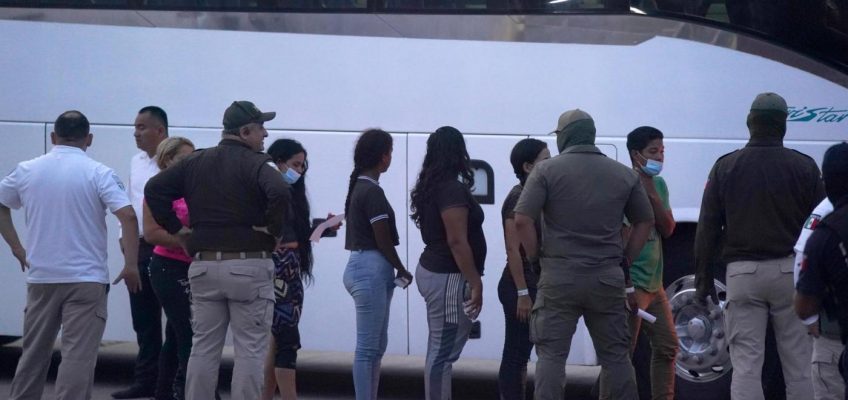MEXICO CITY (AP) — Mexico is developing a cellphone app that will allow migrants to warn relatives and local consulates if they think they are about to be detained by the U.S. immigration department, a senior official said Friday.
The move is in response to President-elect Donald Trump’s threats to carry out mass deportations after he takes office on Jan. 20.
The app has been rolled out for small-scale testing and “appears to be working very well,” said Juan Ramón de la Fuente, Mexico’s secretary of foreign affairs.
Related Articles
Juan Pablo Spinetto: Explaining economics won’t save Mexico
Mexican president confident that a tariff war with the US can be averted
Mexico City’s floating gardens have fed people for hundreds of years; now they’re threatened
A Mexican cartel leader arrested in the US faked his death and assumed a phony name, prosecutors say
The best places to go in Mexico to celebrate Day of the Dead
He said the app would allow users to press a tab that would send an alert notification to previously chosen relatives and the nearest Mexican consulate. De la Fuente described it as a sort of panic button.
“In case you find yourself in a situation where detention is imminent, you push the alert button, and that sends a signal to the nearest consulate,” he said.
U.S. authorities are obliged to give notice to home-country consulates when a foreign citizen is detained. Mexico says it has beefed up consular staff and legal aid to help migrants in the legal process related to deportation.
De la Fuente expects the app to be rolled out in January. He didn’t say whether the app has a de-activation tab that would allow someone to rescind an alert if they weren’t really detained.
The government says it has also set up a call center staffed 24 hours a day to answer migrants’ questions.
The Mexican government estimates there are 11.5 million migrants with some form of legal residency in the United States, and 4.8 million without legal residency or proper documents.


Leave a Reply